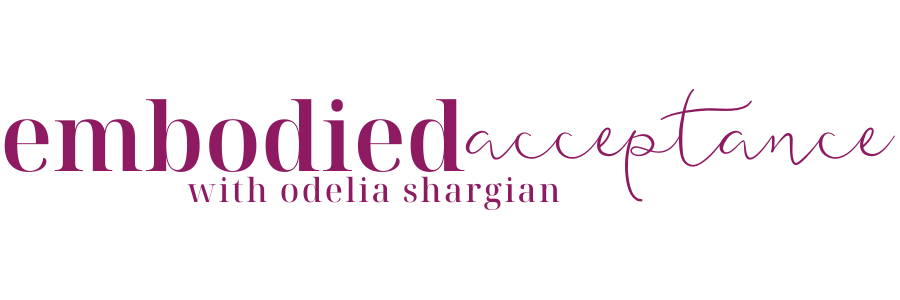Re-writing your story
Before I get into this week’s thoughts, just a quick note that last week’s playlist for Mindful Dancing is waiting for you at the end of this email.
Even though oppression has been around forever the results of it seem to be apparent now more than ever. For me, dealing with the effects of oppression has been a lifelong journey.
I used to think that my difficulties are very personal but I’ve grown to understand through doing a great deal of liberation work that focuses on emotional healing, that most of what I experience as personal is actually a result of the oppressions that I’ve been exposed to, particularly as a Jew and as a woman.
I think that the only way I can do my part to heal our society is through healing from the hurts that I’ve collected, merely by being part of different constituency groups, either through the transmission of generational trauma or through the things that I experienced and heard directly from people from the oppressor group. I also believe that being subject to oppression has made me more vulnerable to taking on oppressive behaviors towards other groups which requires its own healing work.
I talked many times about the power of listening and I’ve spent many hours being listened to as I’m talking, crying, laughing, raging and shaking about the ways that I’ve been defeated by oppression or that I was actually able to beat it.
It’s almost always triggered by something that is happening currently in my life but when I look deeply I can see that my inability to think clearly around the situation stems from the way that oppression has affected me, sometimes through different players in society and sometimes through my caretakers whom have unintentionally acted out from their own oppression-acquired hurts.
My experience is that oppression can wreak havoc in the psyche and in the body. My nervous system is hyper active as a result of trauma, as a result of a story that it has told itself for years that I’m not safe, that I’m in constant danger and that I need to be super vigilant at all times.
This kind of attitude is so insidious that I find myself constantly thinking that something is wrong. It feels like this message has been actually recorded in my cells. It’s like the body is keeping some kind of score and it won’t let go even though the danger is long gone. The way this manifests itself in my physical experience often, is that there’s a complete split between my head and the rest of the body: as if all I have is my head and the body doesn’t even exist.
I’m so grateful to have been guided towards Somatics and Movement Improvisation. I’ve learned through practicing embodiment and placing my awareness on the entire system that it’s possible to create a new story which can offer an alternative to the one that I’ve adopted early on in my life, that I can tell that new story to my nervous system instead of trying to fight the old story which might be impossible to do given it’s strong survival value.
One way that this new story is being told is by connecting to the physiological processes that are happening in the body, like breathing for example, which are in and of themselves an indication that somehow, and maybe in spite of all the trauma, I have made it: I have survived. When I connect to my physiological processes on an energetic level I understand from direct experience that things are working for me and that all is well in a very fundamental kind of way. I believe that every time this new story is being told it creates new pathways in my nervous system.
When I go into the studio to teach, this is what I’m offering: a place to heal our generational trauma by entering our physical body with an awareness that can track itself. To me that creates a general sense of well-being that is so intrinsic to our humanness that we can begin to create a new story in our nervous system that can substitute the one that we have been telling ourselves forever.
In the meantime I’d like to leave you with a question: what are ways that you act in the world that stem from ways you were hurt by oppression?
